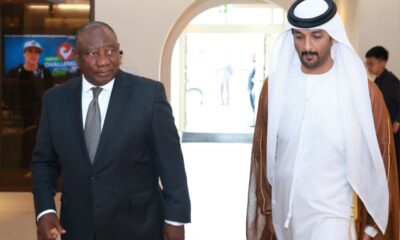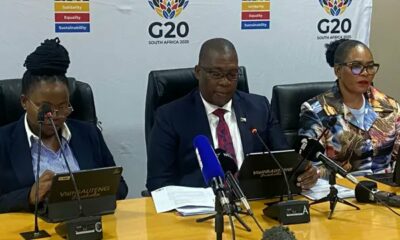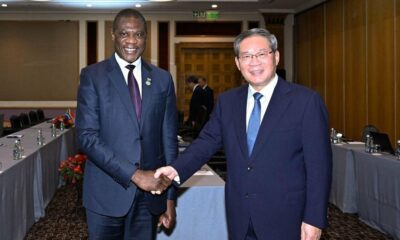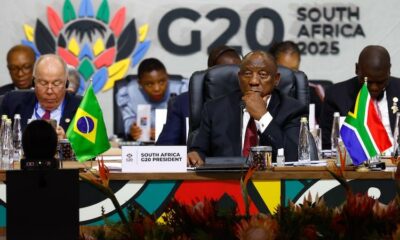Business
South Africa Champions Just Energy Transition at G20, Calls for Fair Financing and Worker-Centric Reform
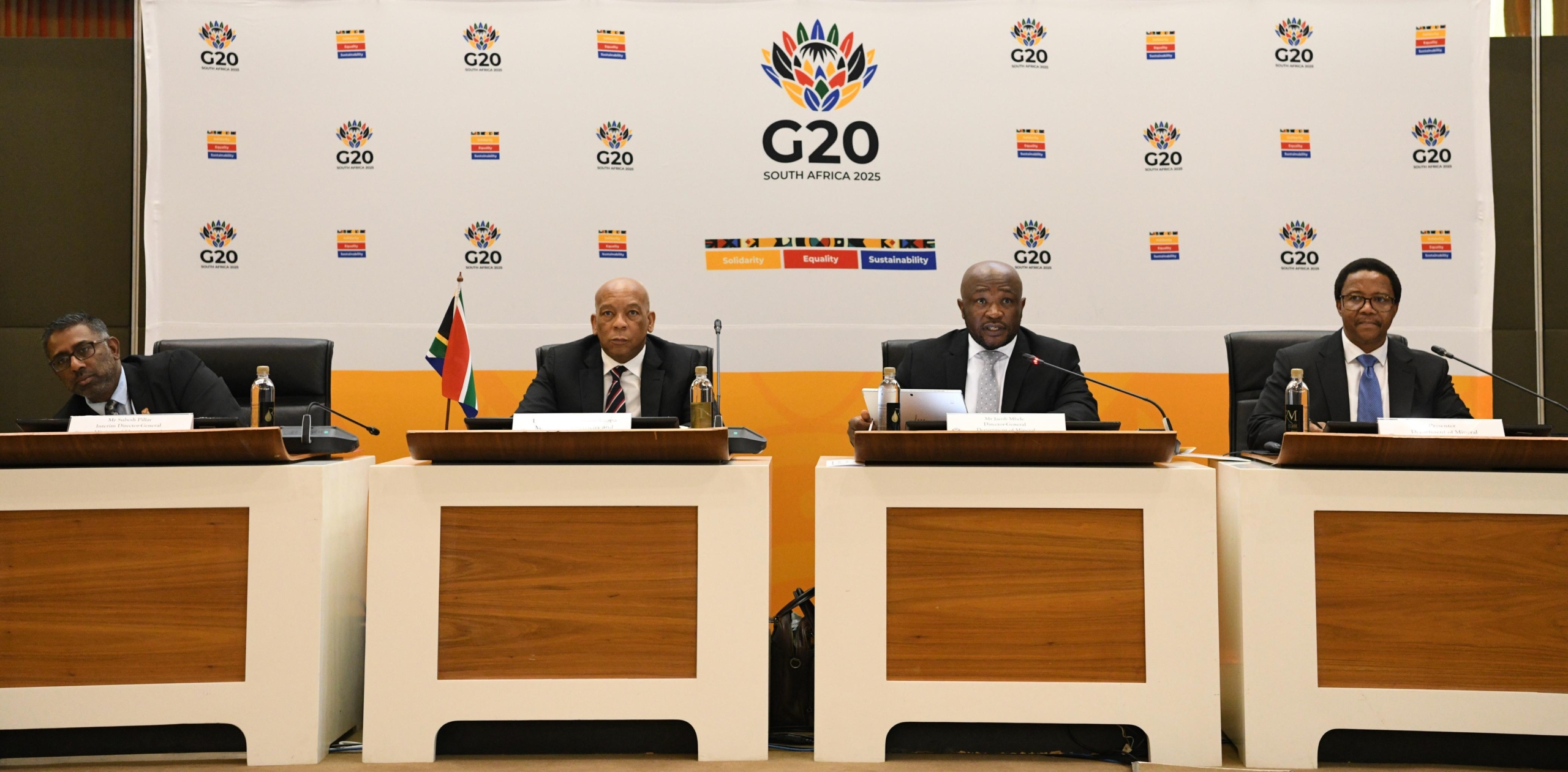
At the second day of the G20 Energy Transition Working Group Summit in Cape Town, Electricity and Energy Minister Kgosientsho Ramokgopa laid out South Africa’s bold vision for a just energy transition—one rooted in fairness, global partnership, and long-term socio-economic development.
Ramokgopa called on G20 nations to move beyond abstract climate commitments and adopt practical frameworks for concessional financing, de-risking energy infrastructure, and unlocking investment in electricity transmission grids. These are not theoretical ideals, he stressed, but prerequisites for energy justice.
“Africa is not seeking charity—we want partnership,” said Ramokgopa. “We have the youngest population, the greatest solar potential, and the fastest-growing demand for energy services.”
A Global Responsibility, Not a Local Debate
With G20 nations accounting for more than 85% of global GDP and nearly 80% of global emissions, Ramokgopa reminded delegates that the decisions made at this forum have far-reaching consequences. He cautioned against any energy transition strategy that enriches a few while leaving the many behind.
“If our climate goals are to be enduring, they must be built on a foundation of social consensus,” he added.
This was especially timely as the G20 Summit fell just after Workers’ Day, making Ramokgopa’s message especially poignant: a successful transition must not displace workers but empower them.
“The energy shift must not extract from the many to benefit the few,” he said. “It must protect livelihoods and create new industries with quality jobs.”
South Africa’s Vision: From Vulnerability to Resilience
The minister argued for a broader interpretation of the energy transition—one that focuses not just on cutting emissions but also on enabling development, industrialisation, and energy sovereignty for countries in the Global South.
Ramokgopa emphasized that the continent is ready to lead—not follow—on renewable energy, green hydrogen, critical minerals, and regional energy interconnectivity. But for that to happen, concessional financing and de-risked capital flows are key.
South Africa is also prioritising:
-
African regional energy pool development
-
Reliable, affordable electricity access
-
A transition plan that supports workers and local economies
Toward the G20 Summit in Johannesburg
The Cape Town session is the second of four G20 Energy Transition Working Group meetings ahead of the November G20 Summit in Johannesburg, where South Africa will hand over the G20 Presidency to the United States. However, differences in energy transition priorities between the two countries have already begun to surface.
Despite this, Ramokgopa remained confident that South Africa’s G20 term could shape a new energy development consensus: one based on justice, equity, and inclusion.
“The world is changing structurally—economically, geopolitically, and climatically,” he concluded. “Energy lies at the centre of this flux. Who has it, how it’s produced, who pays for it, and who gets left behind—these are the defining questions of our era.”
{Source: IOL}
Follow Joburg ETC on Facebook, Twitter , TikTok and Instagram
For more News in Johannesburg, visit joburgetc.com

